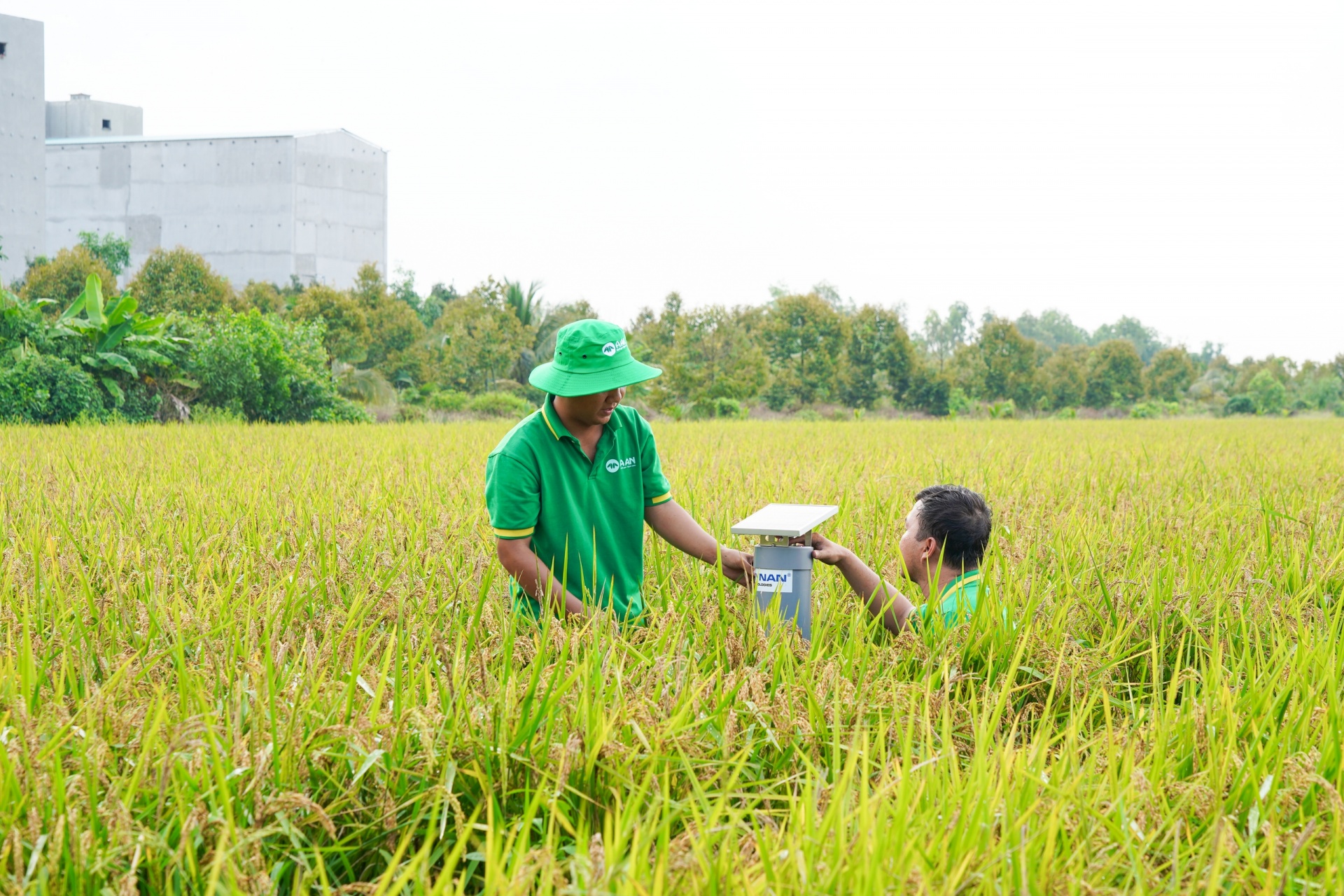
On October 22, the ministry held a workshop to introduce its Low-Emission Crop Production Scheme.
According to Huynh Tan Dat, director general of the Department of Crop Production and Plant Protection, the initiative will be implemented nationally, prioritising high-potential crops capable of significant emission reduction.
“The crop production sector aims to help cut at least 15 per cent of total greenhouse gas emissions by 2035, compared to 2020 levels. At the same time, we plan to pilot no fewer than 15 farming models capable of generating carbon credits that comply with international standards,” Dat said.
The scheme also targets developing a low-emission certification label for key agricultural products and applying sustainable cultivation practices across all core crop areas by 2050.
Nguyen Thi Thu Huong, deputy director general of the same department, said the ministry intends to launch 59 emission-reduction pilot models across 34 provinces and cities. These include low-emission rice production, rice-fish/shrimp and rice-maize/peanut rotation systems, sustainable farming of cassava, vegetables, coffee, pepper, tea, and fruit trees such as durian, lychee, and longan.
Each locality will develop one to three models tailored to its agricultural conditions and crop potential. “Specific emission-reduction measures will be identified for each type of farming system,” Huong added.
The first phase will cover rice, cassava, coffee, bananas, and sugarcane, forming the foundation for expanding carbon credit generation in Vietnam’s crop production sector.
Thai An




